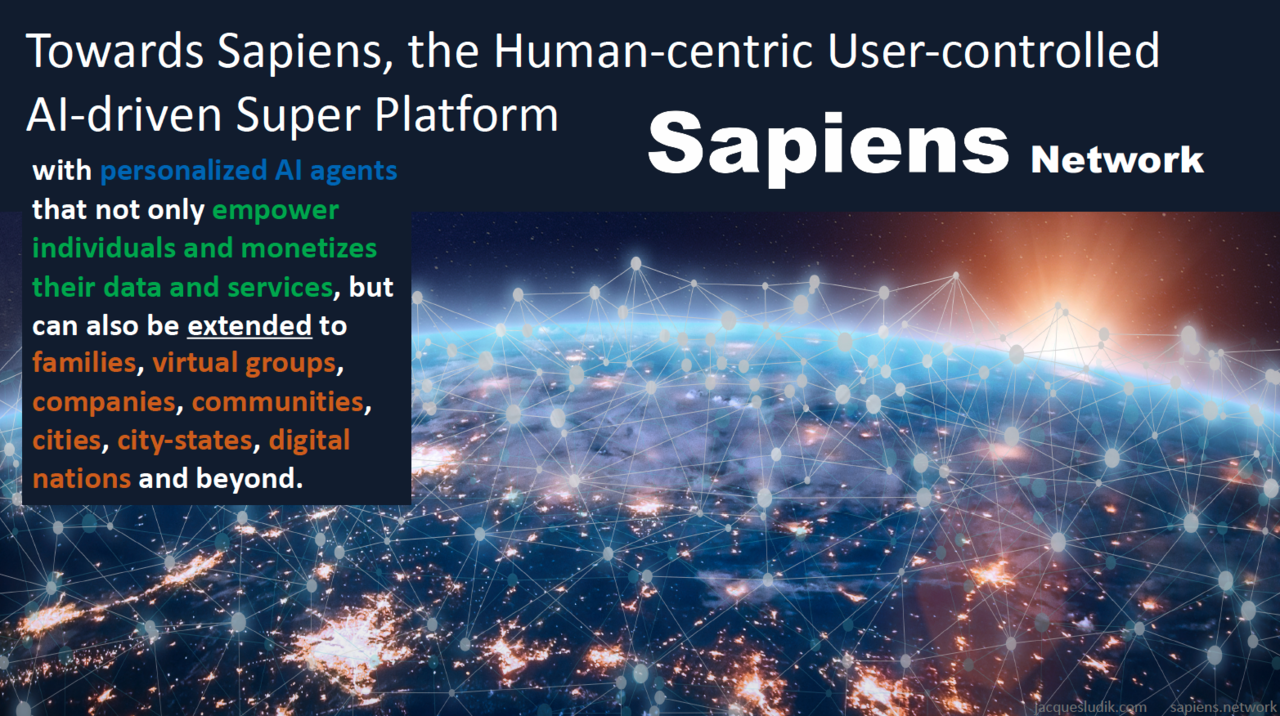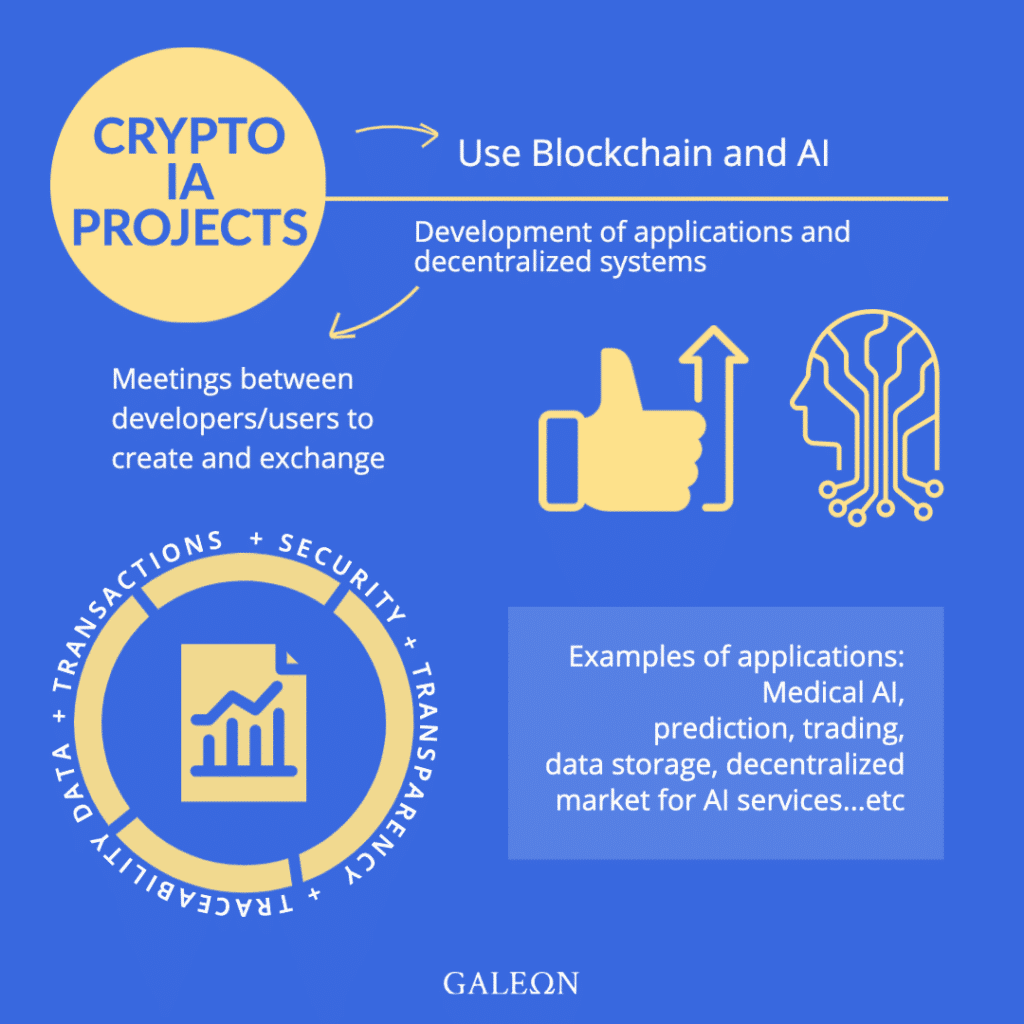AI-Driven Decentralized Networks: Transforming Connectivity

Transforming Connectivity: AI-Driven Decentralized Networks In the realm of technological evolution, the fusion of artificial intelligence (AI) and decentralized networks…

